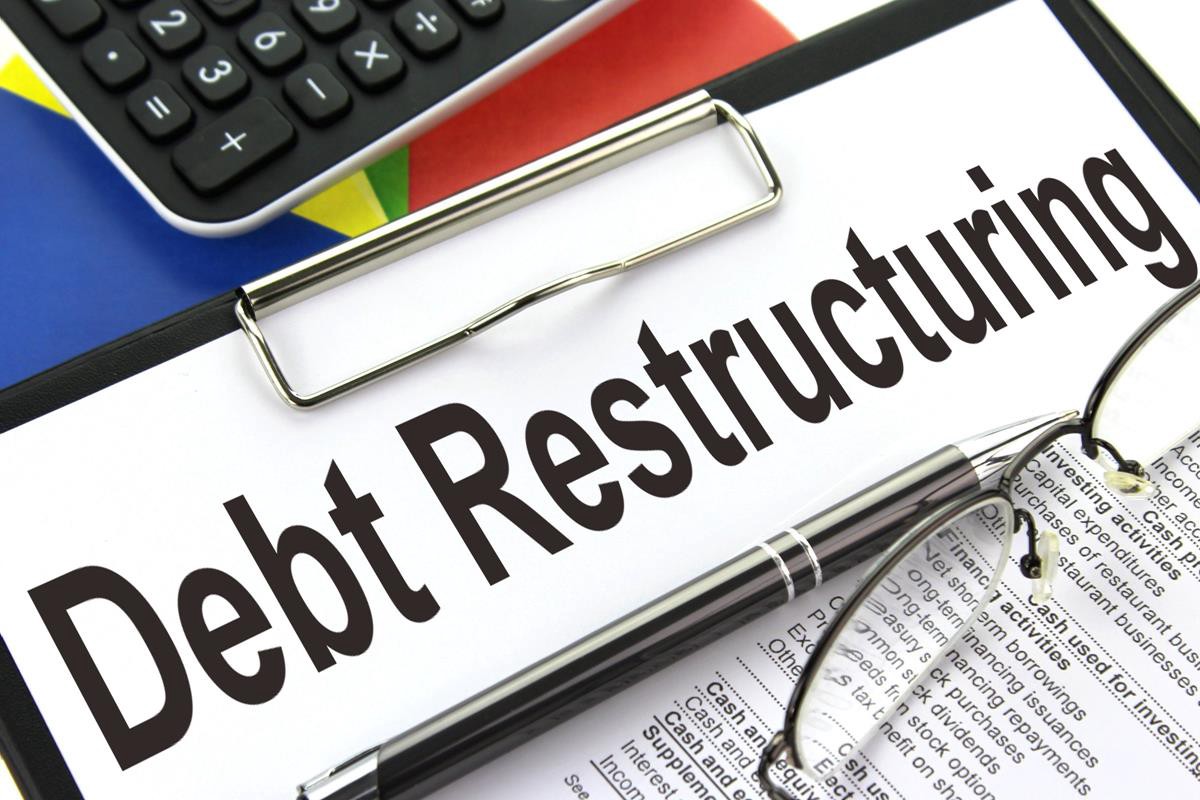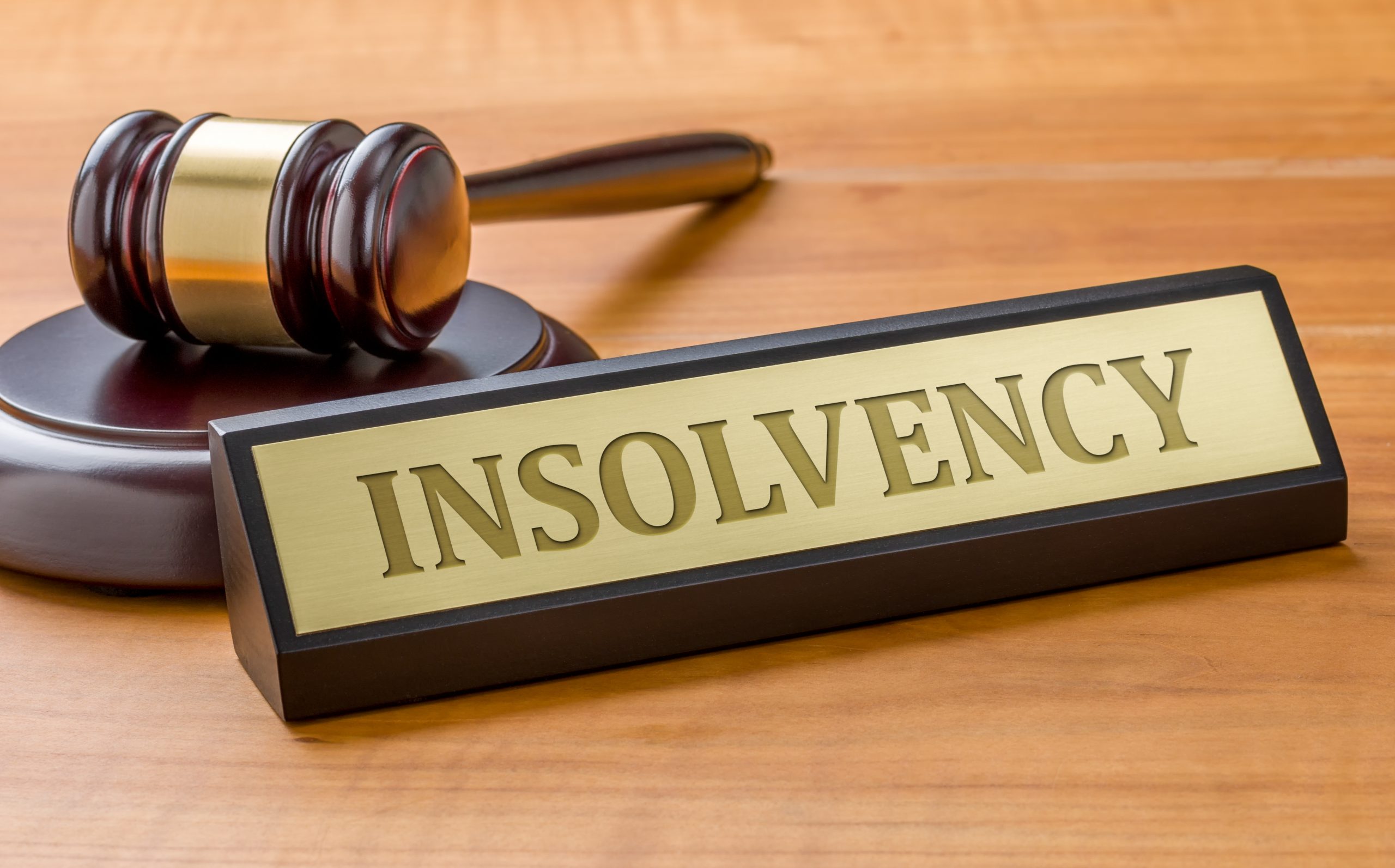In times of financial distress, finding the right legal support is crucial. Whether you are an individual or a business owner facing insolvency, a knowledgeable and experienced insolvency lawyer can make all the difference in navigating the complex landscape of insolvency law. To help you find the best insolvency lawyer for your needs, this article will provide key insights and tips to guide you through the process.
Understanding Insolvency Law
Before embarking on your search for the best insolvency lawyers, it is essential to have a basic understanding of insolvency law. Insolvency law deals with the legal processes and procedures related to individuals or businesses that are unable to repay their outstanding debts. It covers both bankruptcy and corporate insolvency.
Insolvency law is a complex area of law that requires a deep understanding of financial matters and legal procedures. It involves a range of legal principles and regulations that govern the rights and obligations of debtors, creditors, and other stakeholders in the insolvency process.
When an individual or business becomes insolvent, it can have significant consequences for all parties involved. Creditors may be left unpaid, employees may lose their jobs, and the insolvent entity may face liquidation or restructuring. Insolvency law aims to provide a framework for resolving these issues and ensuring a fair and equitable outcome for all stakeholders.
The role of an insolvency lawyer is to guide and represent their clients throughout the legal proceedings. By understanding the complexities of insolvency law, they can provide expert advice tailored to your specific situation.
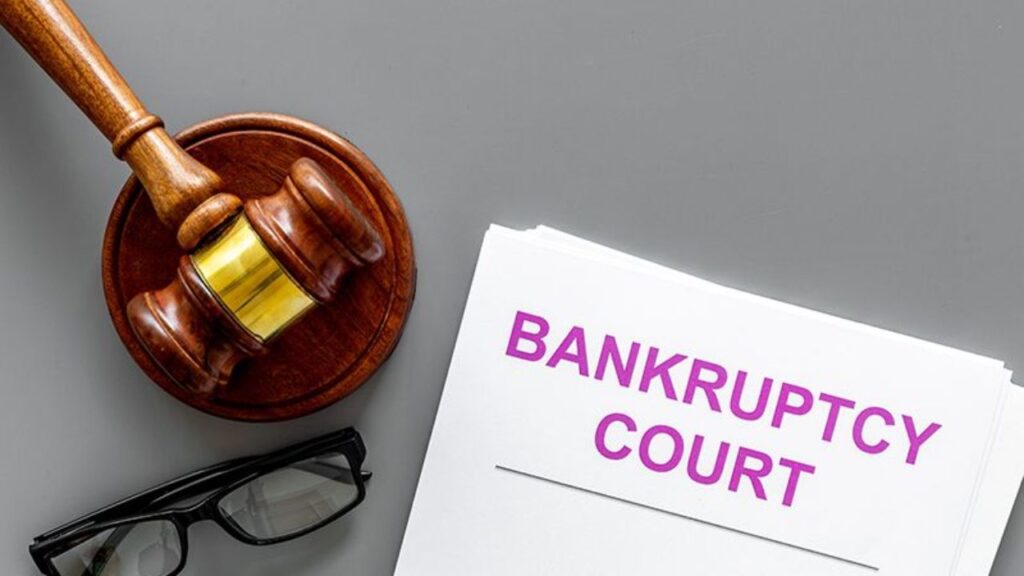
The Role of an Insolvency Lawyer
An insolvency lawyer plays a vital role in helping individuals and businesses navigate the insolvency process. They provide legal representation and advice at every stage, from initial assessment to resolution. Their responsibilities include:
- Assessing your financial situation and determining the best course of action
- Preparing and filing necessary legal documents
- Negotiating with creditors on your behalf
- Representing you in court, if required
- Advising on debt restructuring and bankruptcy options
Insolvency lawyers are well-versed in the intricacies of insolvency law and have a deep understanding of the legal and financial implications of different courses of action. They can help you navigate the complexities of the insolvency process, ensuring that your rights are protected and that you achieve the best possible outcome.
Key Terms in Insolvency Law
When dealing with insolvency law, it is important to be familiar with some key terms. These terms will often come up in discussions with your insolvency lawyer, so having a basic understanding can help you stay informed throughout the process. Some essential terms include:
- Bankruptcy: Legal status of an individual or business that cannot repay their debts
- Liquidation: Process of converting assets into cash to repay debts
- Trustee: Appointed person or entity responsible for administering the insolvency process
- Creditor: Person or organization owed money by the insolvent individual or business
Understanding these key terms is crucial for navigating the insolvency process. Your insolvency lawyer will help you understand how these terms apply to your specific situation and how they can impact the outcome of your case.
Overall, having a basic understanding of insolvency law is essential when facing financial difficulties. It allows you to make informed decisions and work effectively with your insolvency lawyer to achieve the best possible outcome. Remember, seeking professional legal advice is crucial in navigating the complexities of insolvency law and ensuring that your rights are protected throughout the process.
The Importance of Choosing the Right Insolvency Lawyer
Selecting the right insolvency lawyer can significantly impact the outcome of your case. A good lawyer will not only provide expert advice but also offer emotional support during a challenging time. Consider the following factors when choosing your insolvency lawyer:
Factors to Consider When Selecting a Lawyer
Choosing an insolvency lawyer is a critical decision that should not be taken lightly. Consider the following factors to ensure you make the right choice:
- Experience: Look for a lawyer with extensive experience in the field of insolvency law.
- Reputation: Research the lawyer’s reputation by reading reviews and testimonials from previous clients.
- Specialization: Insolvency law is a specialized area; ensure the lawyer has specific expertise in this field.
- Communication: A good lawyer should be easily accessible and communicate with you regularly.
- Fee Structure: Understand the lawyer’s fee structure and ensure it aligns with your budget and expectations.
Experience is a crucial factor when selecting an insolvency lawyer. An experienced lawyer will have a deep understanding of the complexities and nuances of insolvency law. They will have handled numerous cases similar to yours, allowing them to anticipate potential challenges and develop effective strategies to overcome them.
Reputation is another important consideration. Researching the lawyer’s reputation can provide valuable insights into their track record and how they have handled previous cases. Reading reviews and testimonials from past clients will give you an idea of the lawyer’s professionalism, communication skills, and success rate.
Specialization in insolvency law is essential. Insolvency law is a highly specialized field that requires in-depth knowledge and expertise. Hiring a lawyer who focuses specifically on insolvency law ensures that you have someone who is well-versed in the intricacies of this area of law and can provide you with the best possible representation.
Communication is key when dealing with any legal matter, and it is no different when it comes to insolvency cases. A good lawyer should be easily accessible and responsive to your needs. They should be proactive in keeping you informed about the progress of your case and promptly addressing any concerns or questions you may have.
Understanding the lawyer’s fee structure is crucial to avoid any financial surprises. Make sure you have a clear understanding of how the lawyer charges for their services and whether it aligns with your budget and expectations. Some lawyers may charge an hourly rate, while others may work on a contingency basis. It is essential to discuss and agree on the fee structure upfront to avoid any misunderstandings later on.
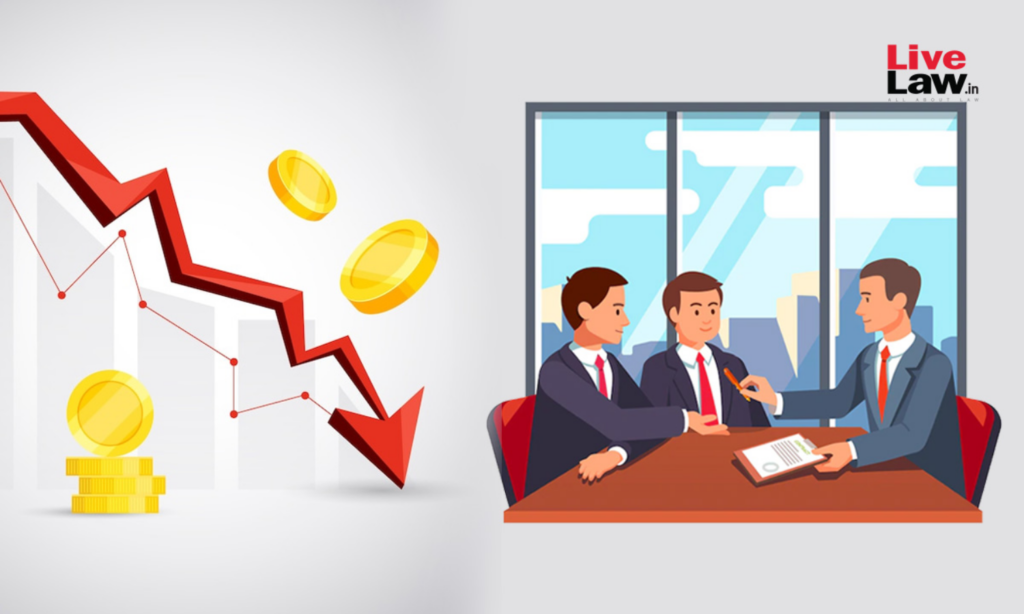
The Impact of a Good Insolvency Lawyer on Your Case
Having a competent and dedicated insolvency lawyer on your side can greatly impact the success of your case. They will not only guide you through the legal process but also help alleviate stress and ensure your rights are protected.
A good lawyer will work diligently to analyze your financial situation, assess the available options, and develop a strategy tailored to your specific needs. They will negotiate with creditors, handle complex paperwork, and represent your best interests throughout the proceedings.
Furthermore, a skilled insolvency lawyer will have a network of professionals, such as financial advisors and accountants, who can provide additional support and expertise. This network can be invaluable in helping you navigate the complexities of your financial situation and make informed decisions.
During this challenging time, having a lawyer who offers emotional support can make a significant difference. They can provide reassurance, guidance, and a listening ear, helping you navigate the emotional and practical challenges that often accompany insolvency cases.
In conclusion, choosing the right insolvency lawyer is crucial for the success of your case. Consider factors such as experience, reputation, specialization, communication, and fee structure when making your decision. Remember that a good lawyer can have a profound impact on your case, providing expert guidance, protecting your rights, and offering the support you need during this challenging time.
Steps to Finding the Best Insolvency Lawyer
Now that you understand the importance of an insolvency lawyer and the factors to consider, let’s explore the steps to finding the best one for your needs:
Researching Potential Lawyers
Start by researching potential insolvency lawyers in your area. Utilize online directories, legal associations, and referrals from trusted sources to compile a list of candidates. Take the time to review their websites, read testimonials, and gather as much information as possible about each lawyer.
During your research, you may come across various legal directories that provide comprehensive information about insolvency lawyers. These directories often include details about the lawyer’s education, experience, areas of expertise, and contact information. Additionally, they may also provide ratings and reviews from previous clients, giving you valuable insights into the lawyer’s reputation and client satisfaction.
When reviewing the websites of potential lawyers, pay attention to the content they provide. Look for lawyers who have informative blogs or articles related to insolvency law. This demonstrates their commitment to staying updated with the latest developments in the field and their willingness to share their knowledge with clients.
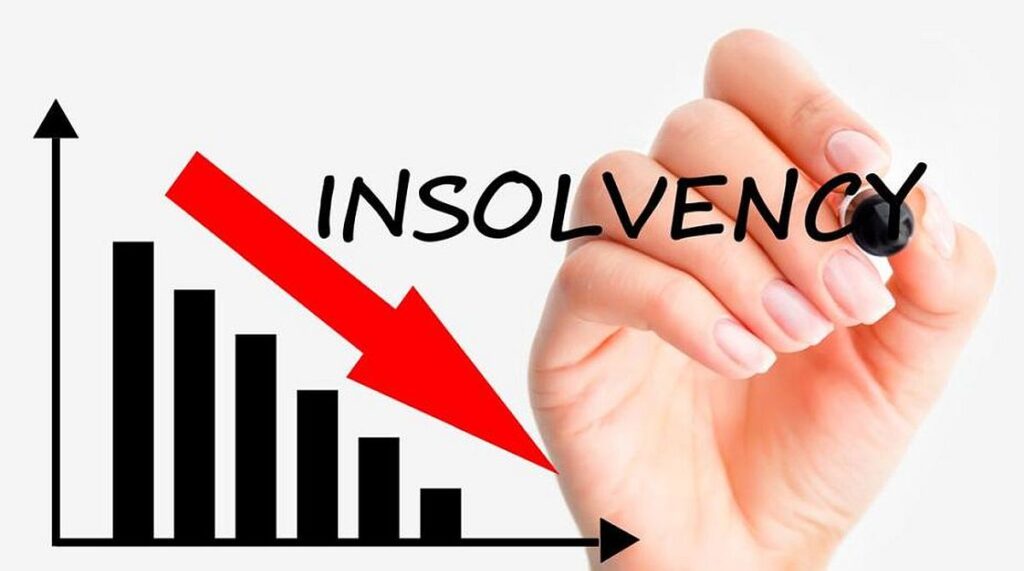
Evaluating Lawyer Credentials and Experience
When evaluating potential insolvency lawyers, pay close attention to their credentials and experience. Consider factors such as their education, years of practice, and any specialized training or certifications. Look for lawyers who have handled cases similar to yours in the past, as this indicates relevant experience.
It is also important to consider the lawyer’s involvement in professional organizations and associations related to insolvency law. Membership in such organizations demonstrates a commitment to the field and provides opportunities for lawyers to network with other professionals and stay updated on industry trends.
In addition to evaluating credentials, it is crucial to inquire about the lawyer’s success rate and the outcomes of their previous cases. This information will give you insight into their track record and competence. A lawyer with a high success rate and positive outcomes may be more likely to achieve a favorable outcome for your case.
Furthermore, consider scheduling initial consultations with the lawyers you are considering. This will give you an opportunity to assess their communication skills, professionalism, and overall compatibility. During these consultations, ask about their approach to handling insolvency cases and how they plan to address your specific needs and concerns.
By thoroughly researching potential lawyers and evaluating their credentials and experience, you can increase the likelihood of finding the best insolvency lawyer for your needs. Remember to take your time during this process, as finding the right lawyer can greatly impact the success of your case.
Preparing for Your First Consultation
Once you have narrowed down your options, schedule a consultation with each potential lawyer. This meeting will help you assess their compatibility and determine if they are the right fit for your case.
Questions to Ask Your Potential Lawyer
Prepare a list of questions to ask during your consultation to gather as much information as possible. Some questions you may want to consider include:
- What is your experience in handling cases similar to mine?
- What strategies do you suggest for my situation?
- How do you communicate with your clients throughout the process?
- What are the potential outcomes of my case?
- What are the estimated costs and fee structure?
What to Bring to Your Consultation
During your consultation, it is essential to bring all relevant documentation related to your financial situation. This may include bank statements, debt records, legal documents, and any correspondence with creditors. Providing a comprehensive overview of your circumstances will enable the lawyer to offer informed advice specific to your case.
Making the Final Decision
After completing your consultations, it’s time to reflect and make your final decision. Consider the following factors:
Assessing Your Comfort Level with the Lawyer
Insolvency cases can be emotionally challenging, so it’s crucial to feel comfortable with your chosen lawyer. Consider how well they listened to your concerns, their empathy towards your situation, and their willingness to support you throughout the process. Trust your instincts and choose a lawyer who makes you feel confident and at ease.
Understanding Lawyer Fees and Payment Structures
Lastly, ensure you have a clear understanding of the lawyer’s fees and payment structures. Ask for a detailed breakdown of costs and any potential additional expenses. Discuss payment options and determine if they align with your financial situation.
By following these steps and considering the key insights shared in this article, you can find the best insolvency lawyer to provide you with the right legal support during challenging times. Remember, a good insolvency lawyer can make all the difference in achieving a favorable outcome and securing a brighter financial future.
More to read – Navigating Property Law: Your Essential Guide to Legal Matters


